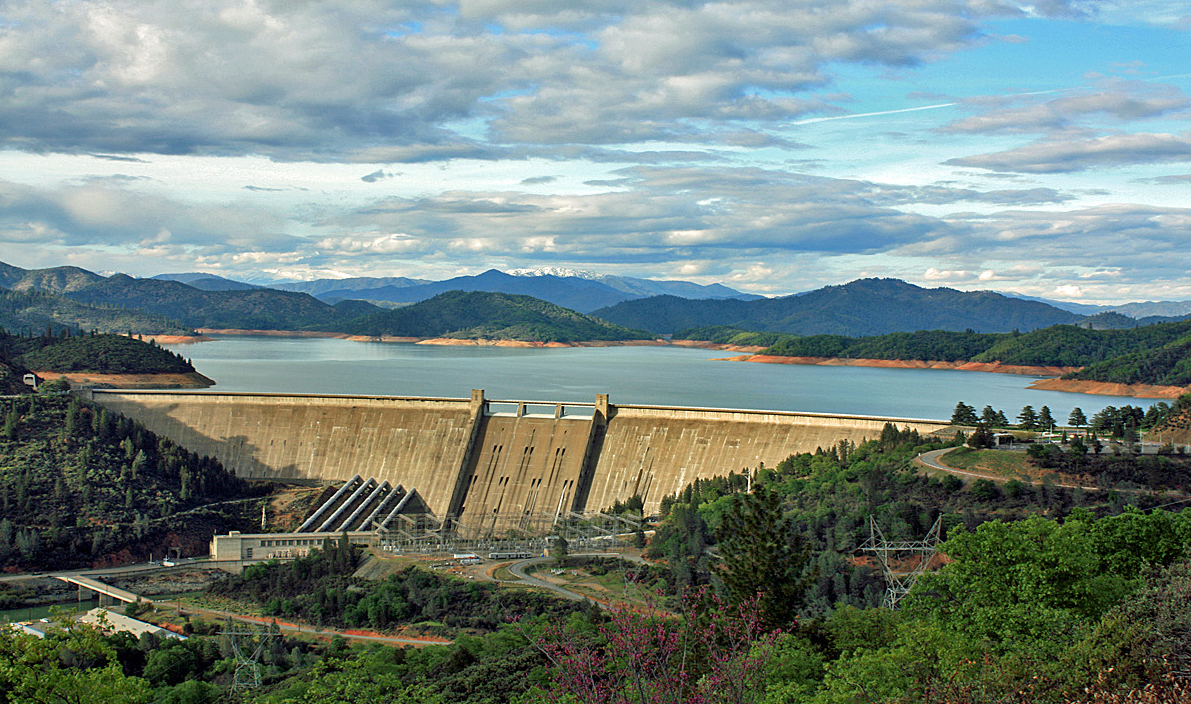U.S. Interior Secretary David Bernhardt isn’t shying away from reminding Californians who reigns supreme in its water wars.
In a letter issued Tuesday, Bernhardt reminded California leaders that its ability to act unilaterally in enacting restrictive rules governing the Sacramento-San Joaquin Delta is limited and could violate the law.
Bernhardt staked this position in response to California Democrats on Capitol Hill, who sent two divergent missives to the Interior Department and Gov. Gavin Newsom over growing dissension over California’s water.
At the center of it all: a conflict over the environmental rules governing pumping water from the Delta to the San Joaquin Valley and Southern California.
In February, the Interior Department formally adopted new environmental guidelines, known as biological opinions, that gave water managers greater flexibility in pumping water south from the Delta.
Shortly thereafter, California Attorney General Xavier Becerra and the Newsom administration initiated litigation challenging the Federal biological opinions.
Amid the coronavirus pandemic, adopted its own set of environmental regulations – via an incidental take permit – for the State Water Project.
The end result for state water users is an estimated 200,000 acre-feet of water being sent to the Pacific Ocean and a price tag of $200 million over its 10 year lifespan.
Under the new incidental take permit, final pumping authority is placed in the hands of the state’s Department of Fish and Wildlife – not the Department of Water Resources.
Bernhardt informed the California Democrats – Sen. Dianne Feinstein and Reps. Jim Costa, TJ Cox, John Garamendi, and Josh Harder – that despite the legal warfare, Federal water managers are still experiencing some level of cooperation from their California counterparts.
“Though it may seem strange, given the contentious circumstances in which we have found ourselves, we are nonetheless pleased that the State continues to participate with implementing actions associated with our 2019 biological opinions,” Bernhardt wrote.
As for reasserting Federal supremacy, Bernhardt first outlined the state’s actions – notably litigation and the incidental take permit issuance – since the U.S. Bureau of Reclamation signed the record of decision to formally adopt the biological opinions for the Central Valley.
“Given the extensive collaboration between the Federal and State agencies in the development of the biological opinions are strongly grounded in the best available science, I believe the State’s recent actions and litigation are ill-founded and potentially unlawful,” he wrote.
But, perhaps most importantly, Bernhardt also echoed sentiments expressed by the powerful Metropolitan Water District of Southern California, who recently voted to initiate a lawsuit over the state’s new environmental restrictions, arguing that the state’s new regulations don’t replace or evade complying with Federal environmental laws or the biological opinions.
“I also agree with Metropolitan that there is no technical or scientific justification for concluding that the State’s ITP is better or more protective than the Federal biological opinions simply because it does not seek to increase [State Water Project] exports,” Bernhardt’s letter reads.
“There can be no ‘stand alone permit’ apart from the Federal process to protect species under the Endangered Species Act,” he added.









